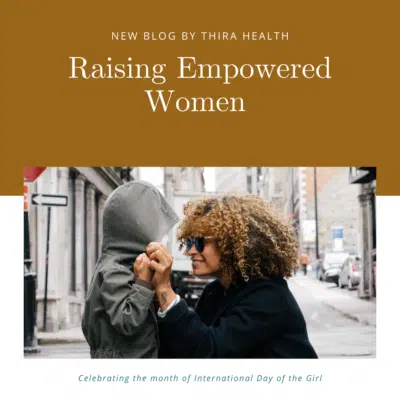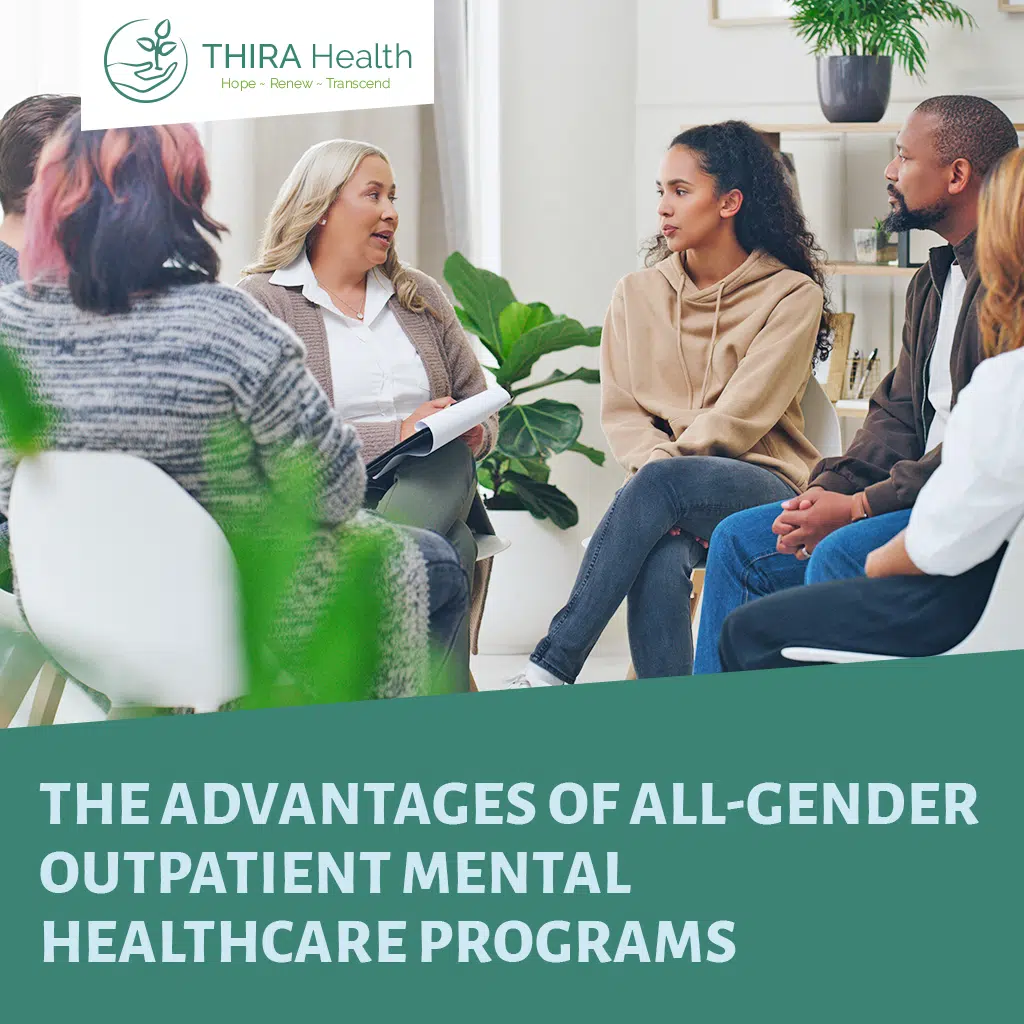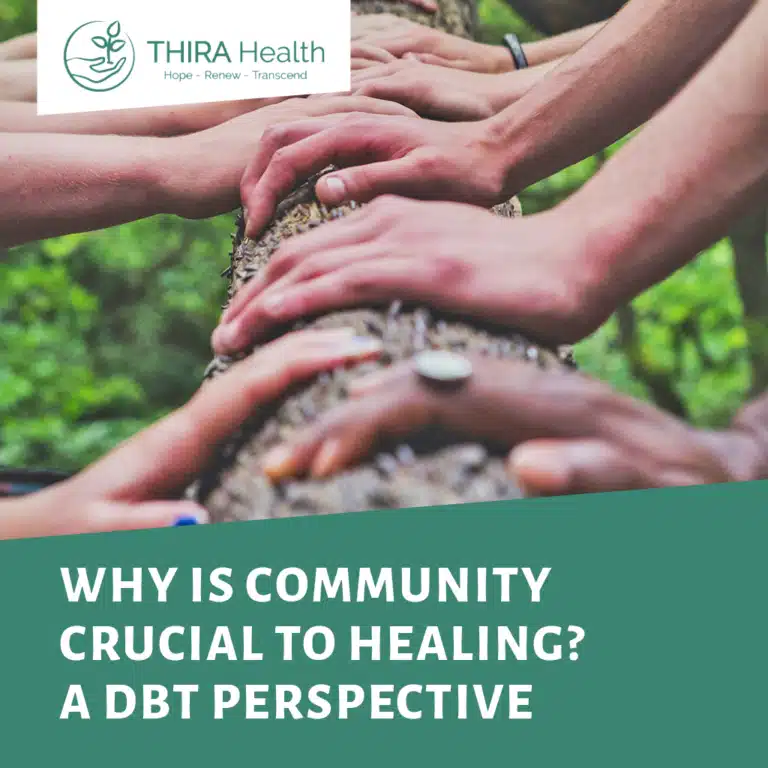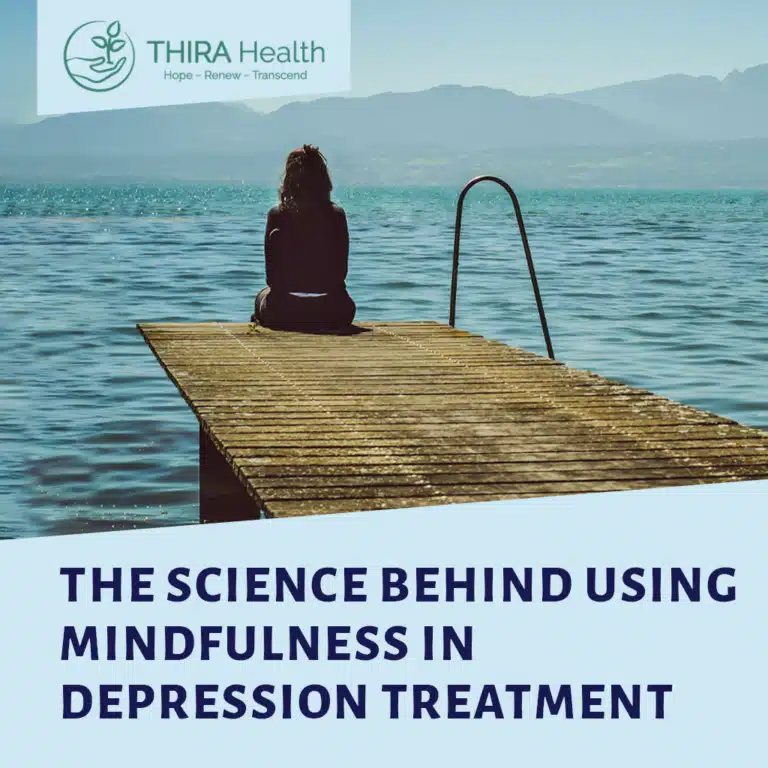Strength and resilience are characteristics that women have needed in abundance throughout the history of the human race. As mothers, protectors, sometimes warriors, women have had to find ways to go over, under, around, and through obstacles that they encounter in their journey through life.
Women are increasingly well-represented at the highest levels in Academia, in the Arts, and in Science, as exemplified by this years’ Nobel Prize Winners in Chemistry (Emmanuelle Charpentier and Jennifer A. Doudna). These women developed the CRISPR-Cas9 gene editing technology, which has opened whole new possibilities in the treatment of cancer, infectious diseases, and other maladies that have long resisted treatment. We are witnessing ever-greater numbers of powerful women in government, positions of influence, and within society at large fighting for equity; our view of the possibilities that the future holds is changed simply by seeing these women making profound differences in many different fields.
Despite the present challenges to reproductive and sexual rights and the ongoing struggle for racial justice there is something special about celebrating our unity and progress through International Day of the Girl, celebrated each year on October 11th as it has been for the last eight years.
Why do we celebrate the International Day of the Girl (IDG)?
The International Day of the Girl is a day set aside to acknowledge, appreciate, and reflect on the needs and challenges of girls across around the world, and for encouraging their empowerment and advocating for their basic human rights. IDG was inspired by the Beijing Declaration and Platform for Action in 1995, a historically progressive piece of international policy focused on supporting gender equality.
This policy was developed at the Fourth World Conference on Women, where more than 30,000 people participated in cultivating meaningful change in the treatment of women across the globe. This landmark moment set a precedent and defined pathways for modern women to continue the fight for adolescent-specific issues such as sexual and reproductive rights, education inequality, child marriage, and gender-based violence (to name a few).
The International Day of the Girl celebrates all that we have overcome and all that is still left to complete.
Many of the concerns raised within these fights for social rights are fraught with cultural implications. These include (among others) Westernized ideas of individuality and outspokenness. A key concept in understanding these issues and putting them in context is the idea of Intersectionality (coined by civil rights activist Dr. Kimberlè Crenshaw in 1989). We have a responsibility to ourselves and to each other to embrace the experiences that we share as women (regardless of cis or trans), consider the ways in which our intersecting identities keep us at a distance, and search for opportunities where we can or should bridge those gaps. At THIRA Health, we believe that our philosophy of treating the “whole person” means meaningful consideration of your whole self through identity work and healing.
The Beauty of Affirmation
So often we believe that our worth as women is inherently tied to our ability to give, to nurture, to love. These affirmations of worth can be true for some, but the well-intentioned reinforcing messages we send as parents can sometimes hinder girls’ abilities to see themselves as creators of their own paths.
The affirmations we give often refer to the physical beauty of girls and women. Not surprisingly this can result in feeling pressure to meet beauty standards, to suppress emotions for sake of avoiding others’ discomfort (i.e. just smile), and ultimately to minimize other important parts of what makes girls so singularly wonderful. Giving young girls the language and tools of self-empowerment also gives them greater opportunities to begin establishing boundaries early and advocating for their own needs.
Here are some opportunities for parents, teachers, and fellow humans alike to change the language around how we empower young girls:
You are so beautiful! → You are beautiful from the inside out!
Be a good girl.→ Your words and feelings matter.
Dress to impress. → Dress the way that makes you comfortable and confident.
Look good, feel good. → be your authentic self and confidence will come
You should not eat so much junk food. → Nourish your body with food that makes you feel good.
A man won’t love you if you look like that. → Your worthiness for love is not based on how you look.
You shouldn’t be so negative. → All of your emotions are valid and important.
Mahi Chauhan spoke to the intrinsic feminine power when she said, “Here’s to strong women: may we know them, may we be them, may we raise them”. Here at THIRA health we aim to encourage women to not only be the best version of themselves but also to encourage others to do so as well.
____________________________________________________________________________
If you are a parent of a teenager who is struggling with anxiety, depression, or an eating disorder, or any of the other struggles involved in navigating womanhood, contact us now to see how our therapeutic programs can help.







